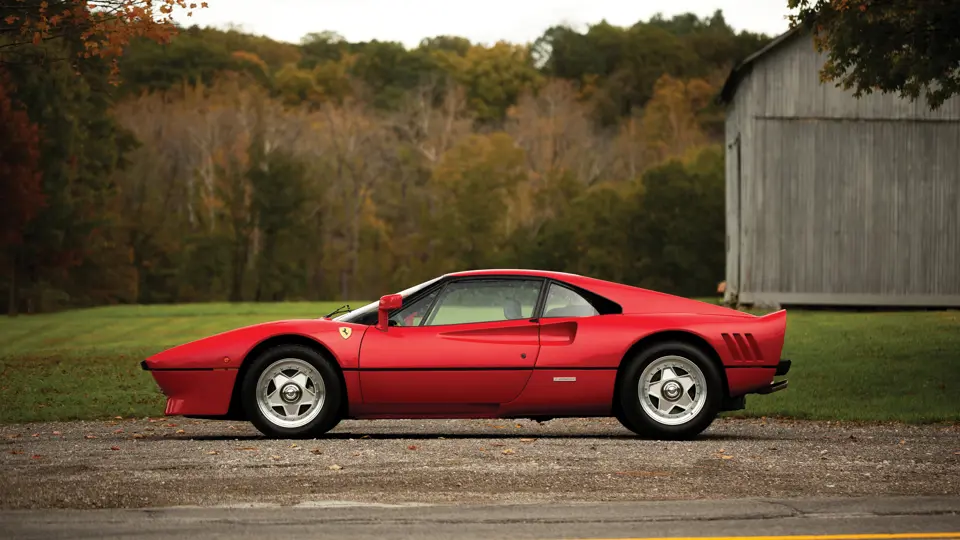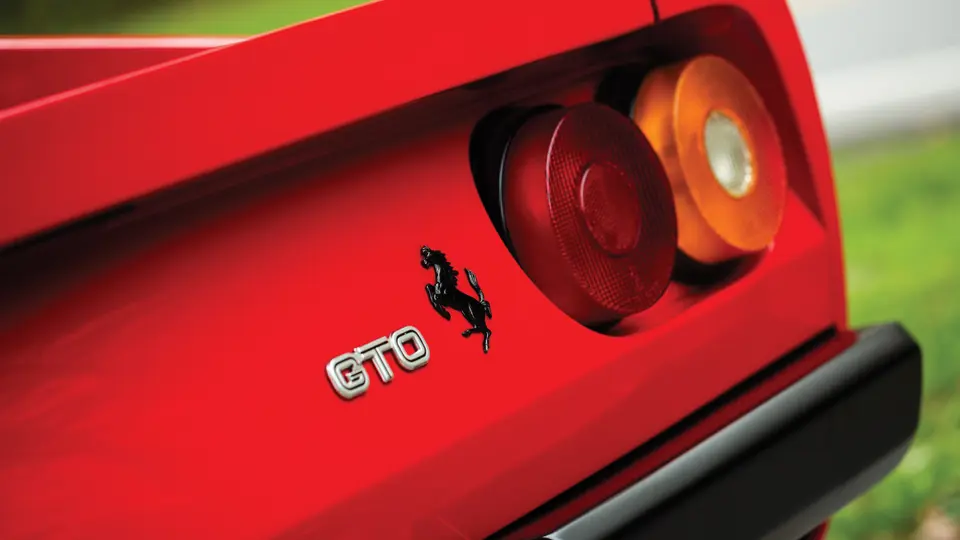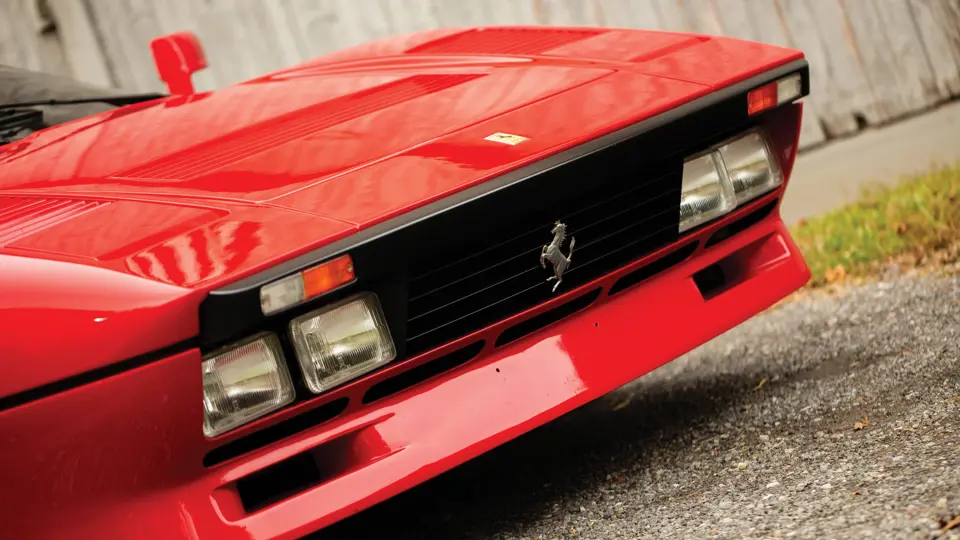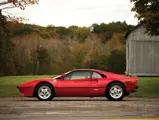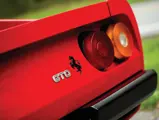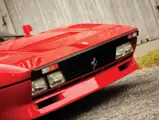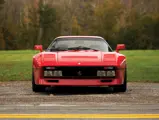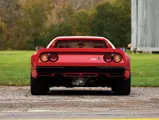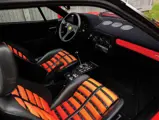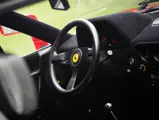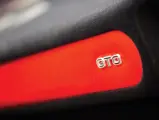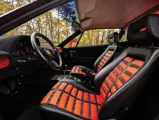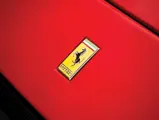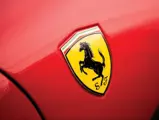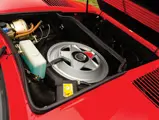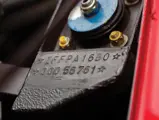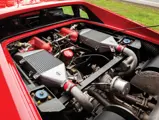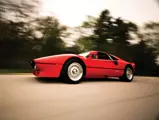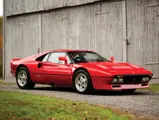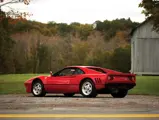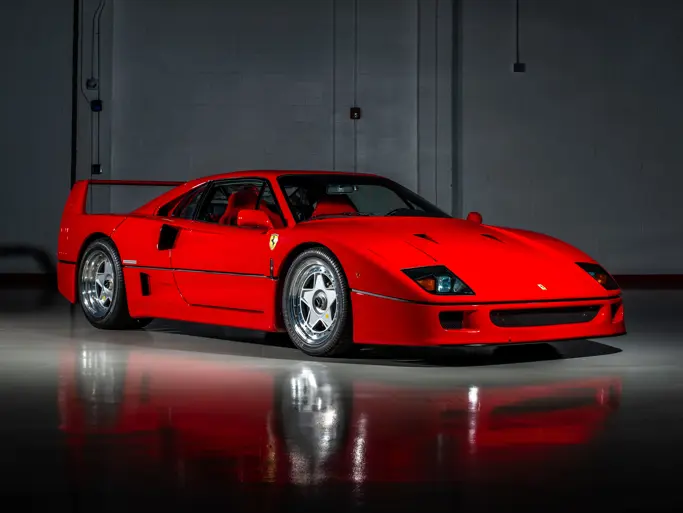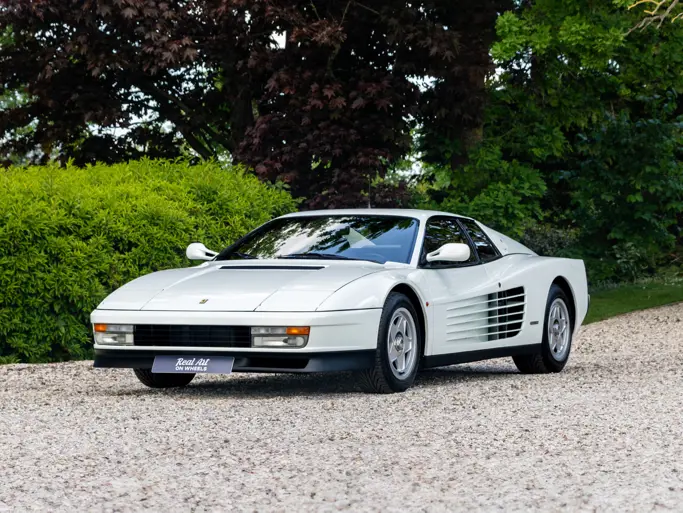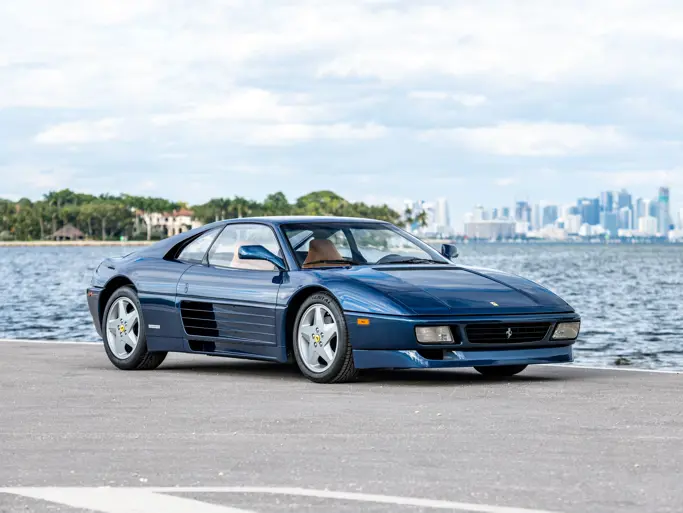The first Ferrari to carry the GTO name since the vaunted 250 GTO, it was clear that Ferrari had high hopes and was proud of its newest sports racer, the 288 GTO. Looking to compete in the FIA’s now-legendary Group B, Ferrari produced and designed the 288 GTO in order to homologate it for competition within that series, which called for a production run of 200 cars.
Group B took the world by storm following its introduction in the early ’80s, especially in Europe. With a number of manufacturers competing on a world stage with automobiles engineered to a radical degree with few rules and regulations to keep them in check, Group B rallying was just as thrilling as it was dangerous. Ferrari was eager to jump into the fray and certain that they could compete with the likes of the Group B establishment, including Audi, Peugeot, and Lancia. However, this was not to be. With Group B cancelled in 1987, Ferrari had fully developed and homologated the 288 GTO, yet it never got its chance to race. Rather than leaving the 288 GTO on the shelf, Ferrari was not dissuaded from selling the car to its most loyal customers.
Built on a sturdy tubular steel chassis, it boasted a wheelbase longer than the production 308 GTB, and it rode on four-wheel independent suspension. The new Tipo F114B mid-mounted V-8 was installed longitudinally rather than transversely, and it produced 400 hp through four valves per cylinder, Weber-Marelli electronic fuel injection, twin IHI turbochargers, and dual Behr intercoolers.
The doors, trunk, and engine-lid were shod in lightweight aluminum, while GRP and carbon compound formed the balance of the bodywork – a taste of the carbon fiber to come. Visually, the car resembled the 308 GTB, but it was much more aggressive in nature, sporting large flared wheel arches to accommodate bigger wheels, 8-in. wide at the front and 10-in. wide at the rear. Larger spoilers were also fitted fore and aft, the result of extensive wind-tunnel testing. The rear wings had three cooling slots behind the wheel, a fitting tribute to the 250 GTO.
Despite boasting a 189 mph top speed, the 288 GTO was suitably outfitted for road use. Boasting leather-trimmed seats as well as air conditioning and electric windows available as optional extras, driver and passenger comfort would not be an issue. Clearly a big hit with Ferrari’s clientele, 272 examples were built, which was over 25 percent more than the required homologation amount. When taking the supercars that came after, the F40, F50, Enzo, and LaFerrari, into account, the 288 GTO is the rarest of the vaunted quintet.
Produced for the 1985 model year, this 288 GTO boasts the desirable options of red seat inserts, air conditioning, as well as power windows. It was sold new it its first owner, Renee Ceryl West, in June of 1985 according to a report compiled by Ferrari historian Marcel Massini. Later that summer, the car returned to its original selling dealer, Newport Imports, with only 579 miles. The car’s next registered owner was Palm Springs-based collector Bob Pond, who purchased the 288 GTO in August of 1994. That same month, the car was shown at the Ferrari Club of America National Meeting and Concours in Monterey.
It is believed that the 288 GTO remained in the Pond collection for a number of years and was sold in 2007 to Alex Bize, a businessman residing in New York. Bize showed the car at the Cavallino Classic in Palm Beach, Florida, in January of 2008. The car was later sold to a Texas-based collector in November of 2010 and remained with him until recently. Importantly, the car has just received a full service, which included the timing belts. A compression test done at the time confirms that the engine is in excellent working order.
Having travelled less than 2,900 miles from new, it goes without saying that this 288 GTO presents in excellent condition, clearly having been well cared for throughout its life by the lucky owners. Thanks to a recent service, this 288 GTO is ready to drive and enjoy should its next owner so desire – or would be a prime candidate for inclusion into a collection of Ferraris, as a pristine and low-mileage example of the first of the marque’s sensational line of supercars.




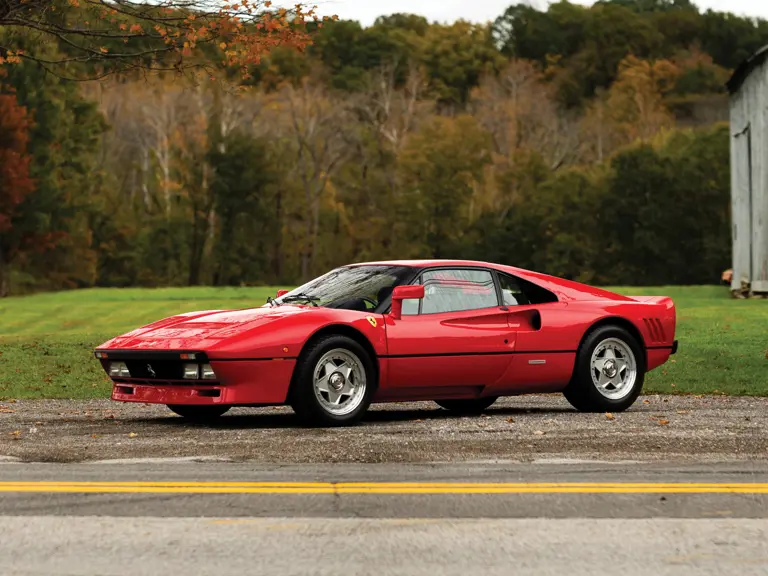
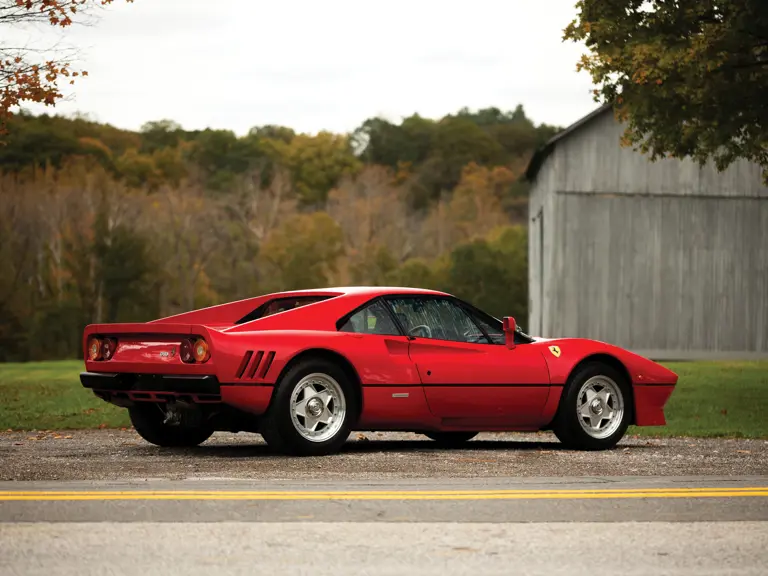
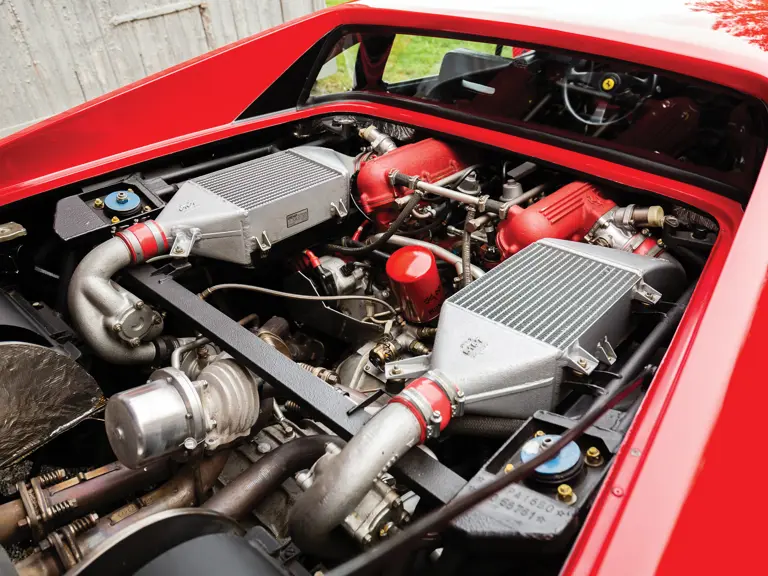
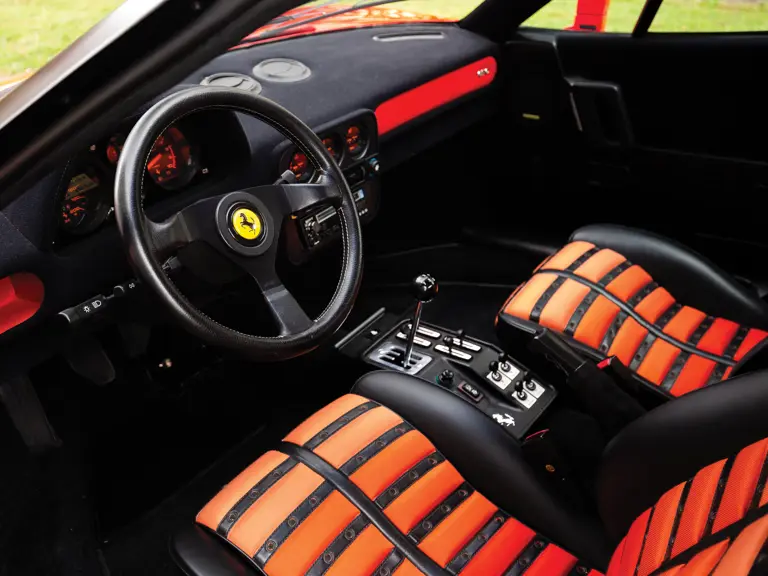
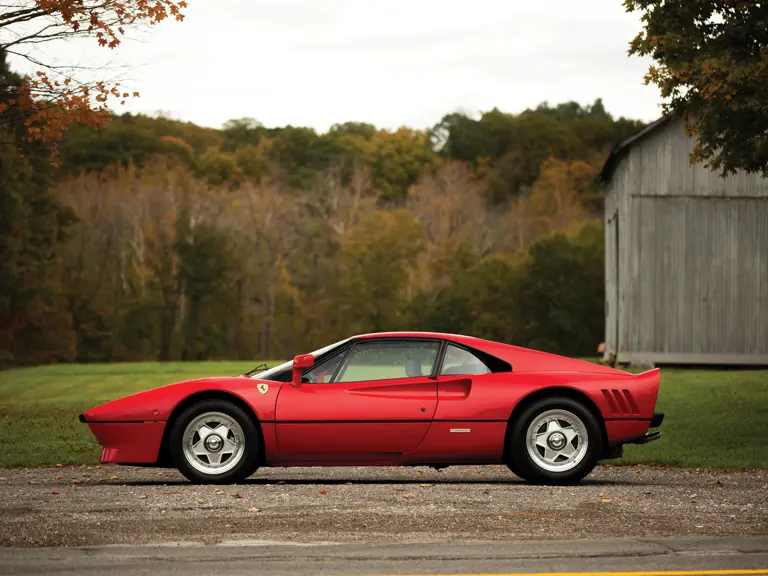
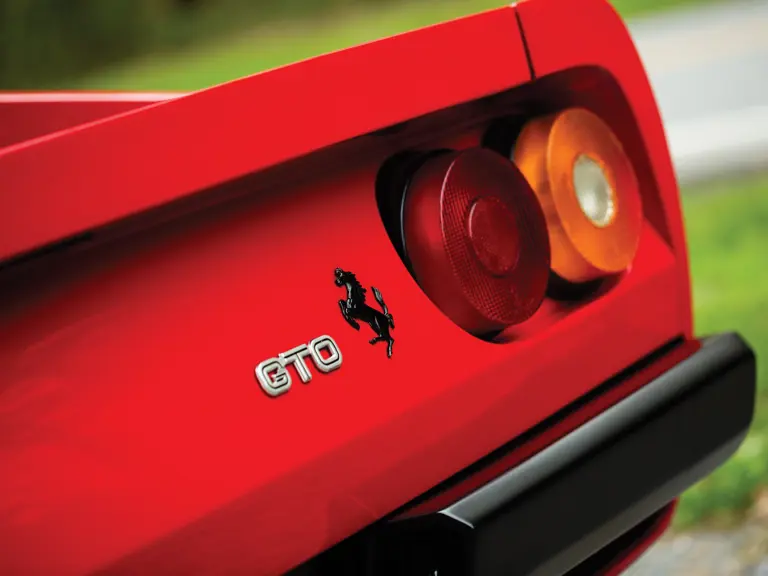
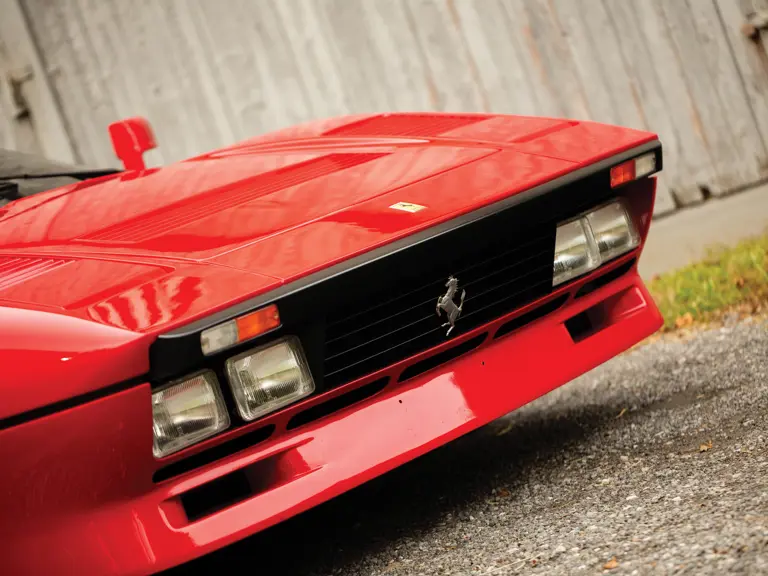
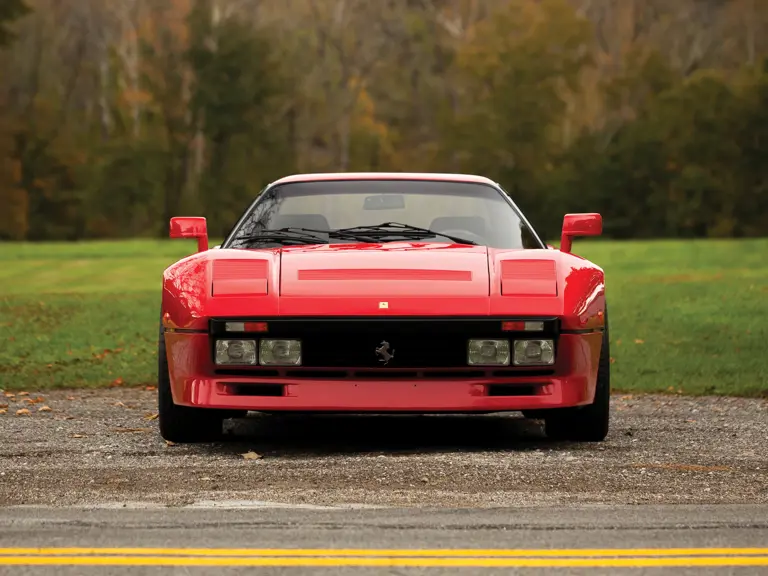
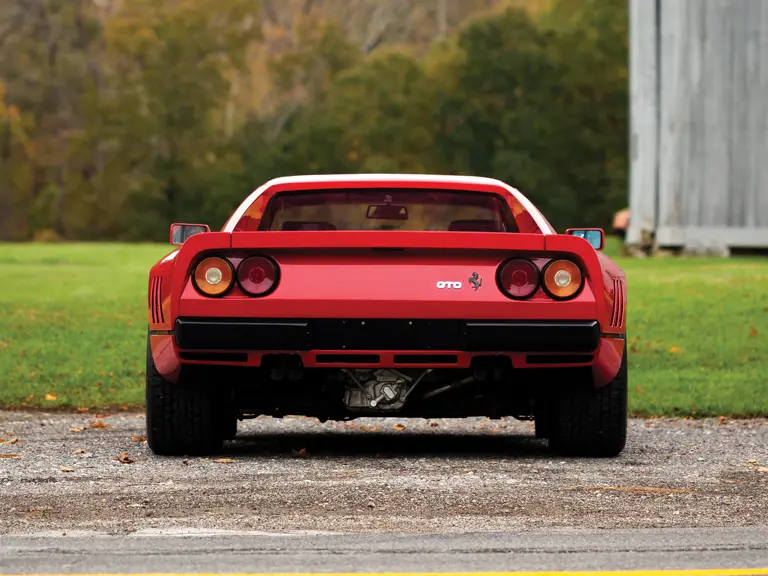
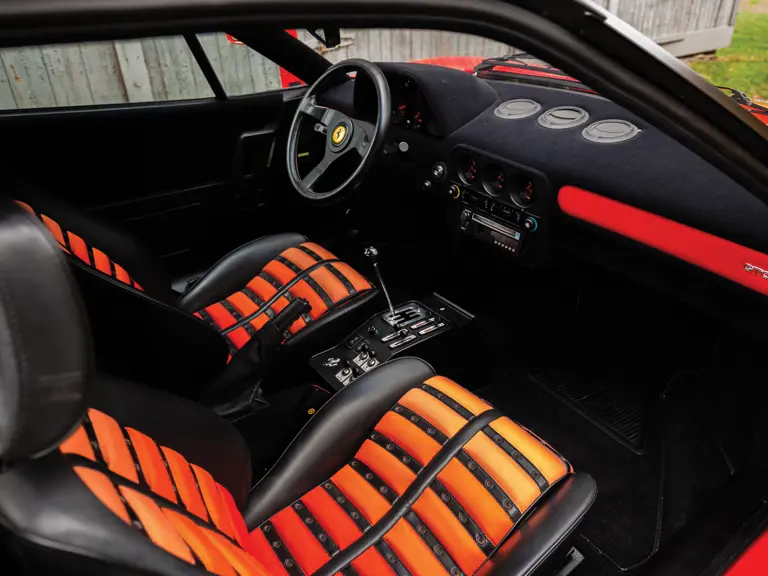
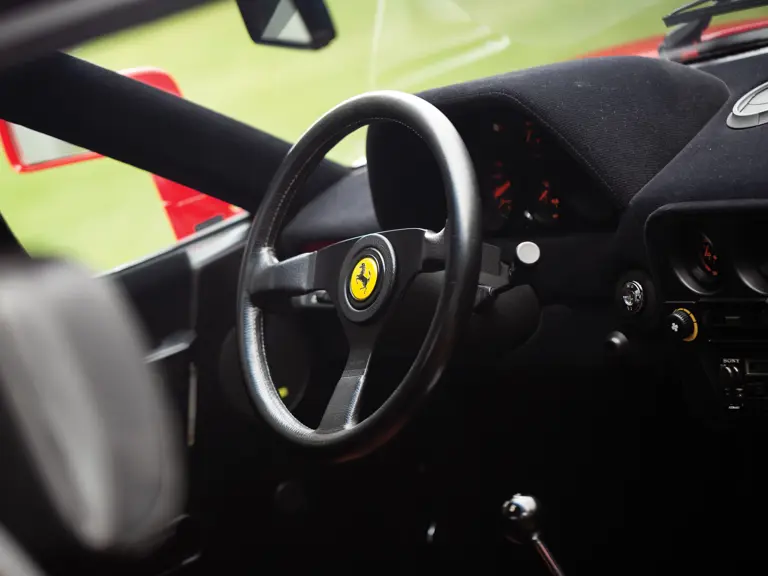
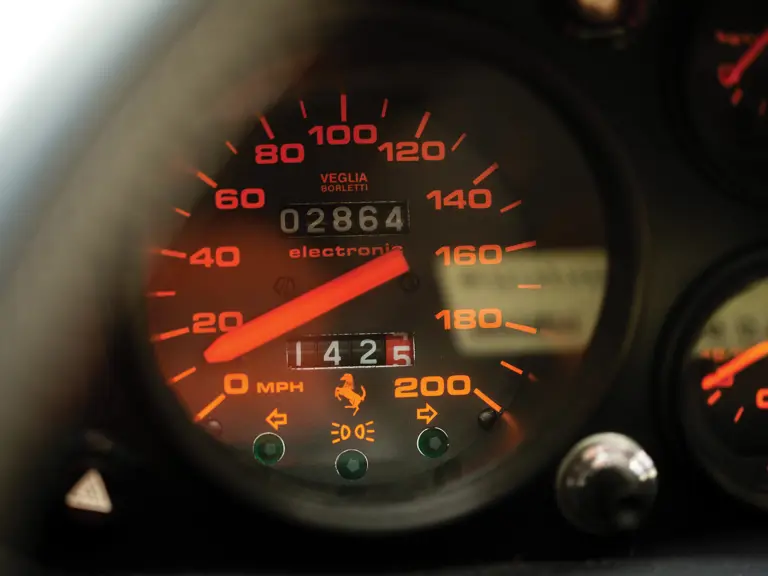
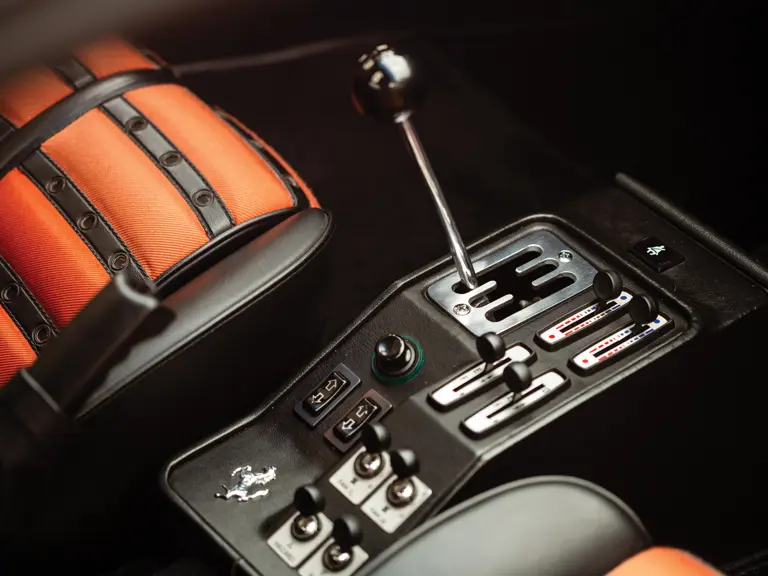
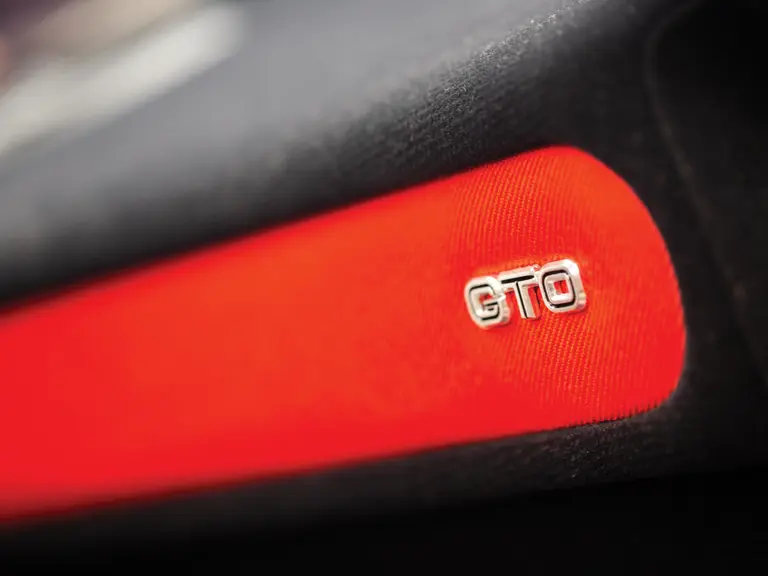
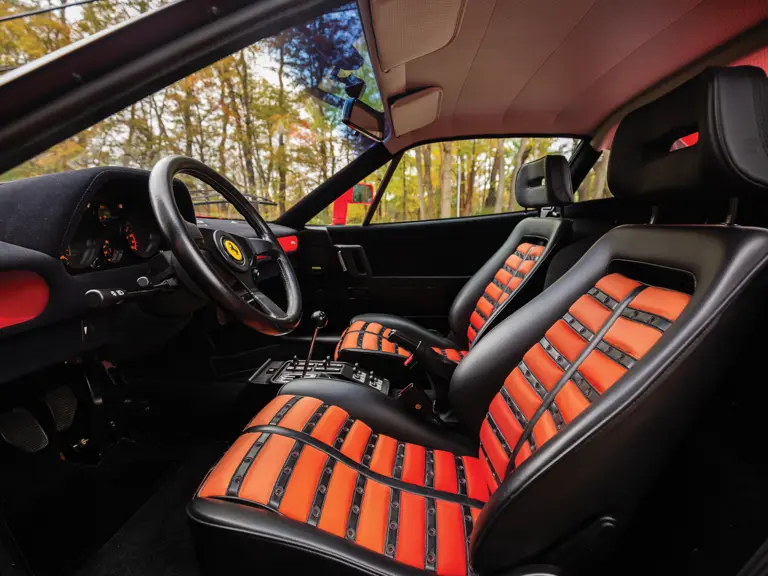
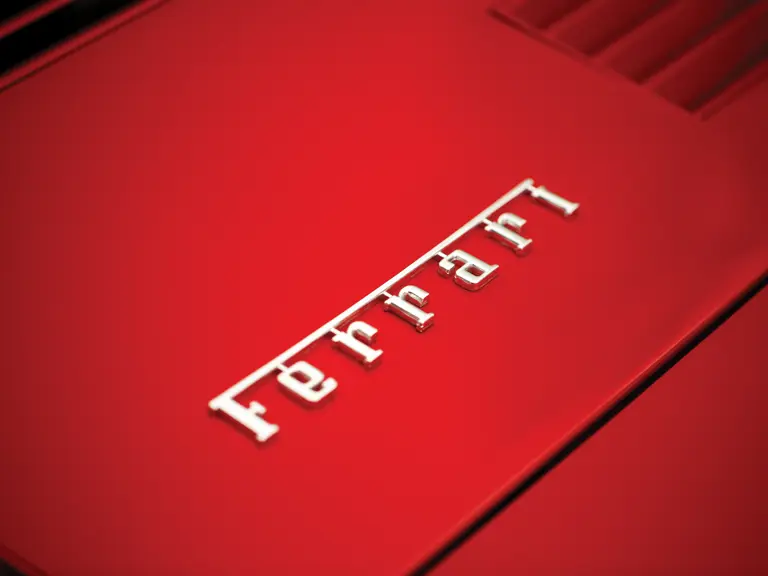
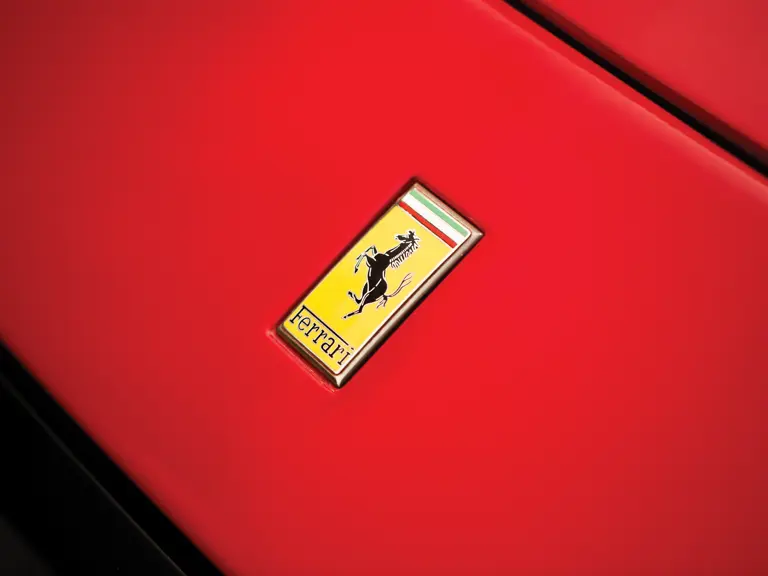
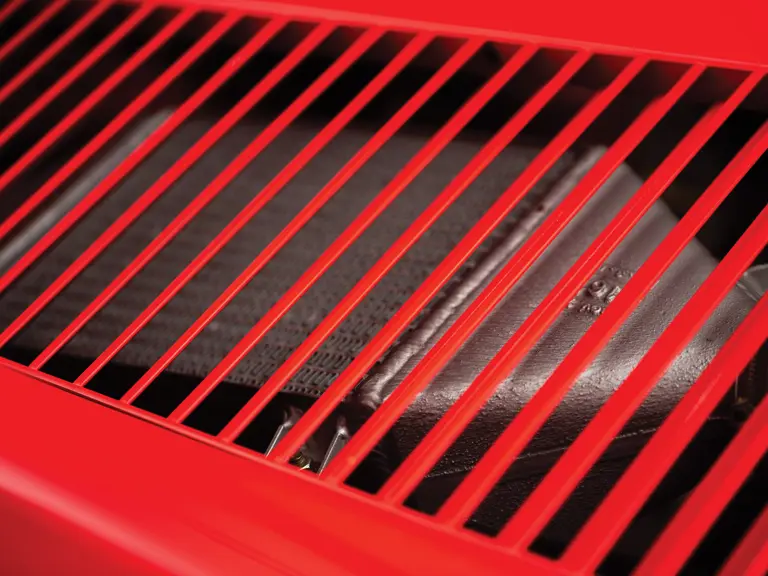
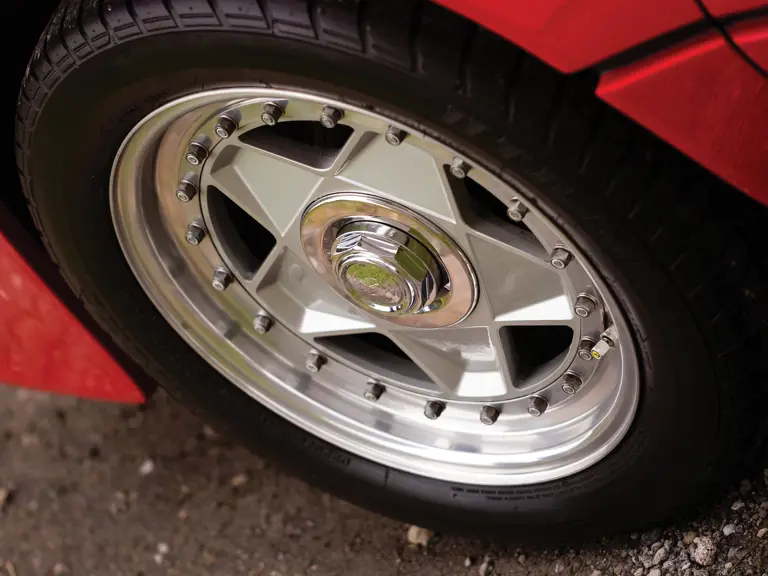
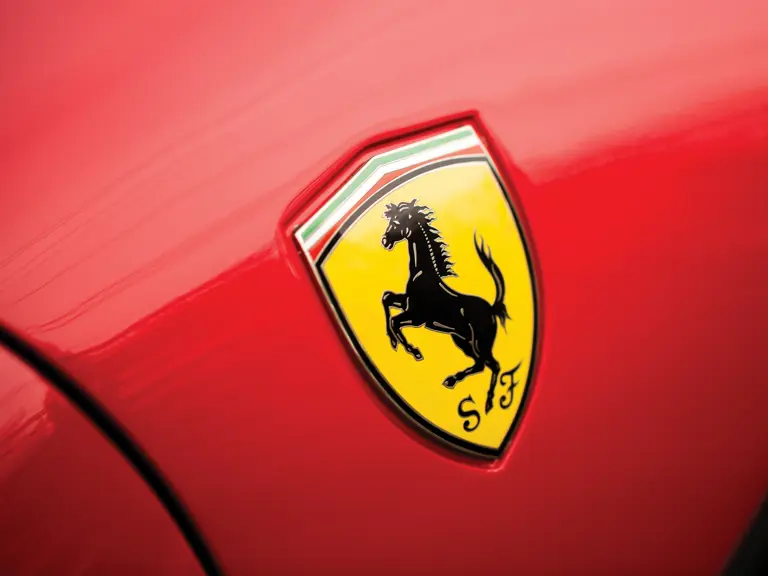
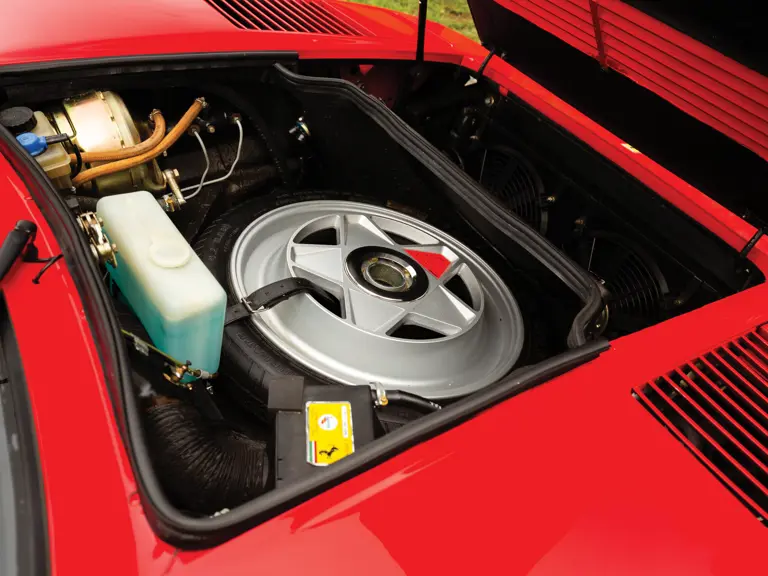
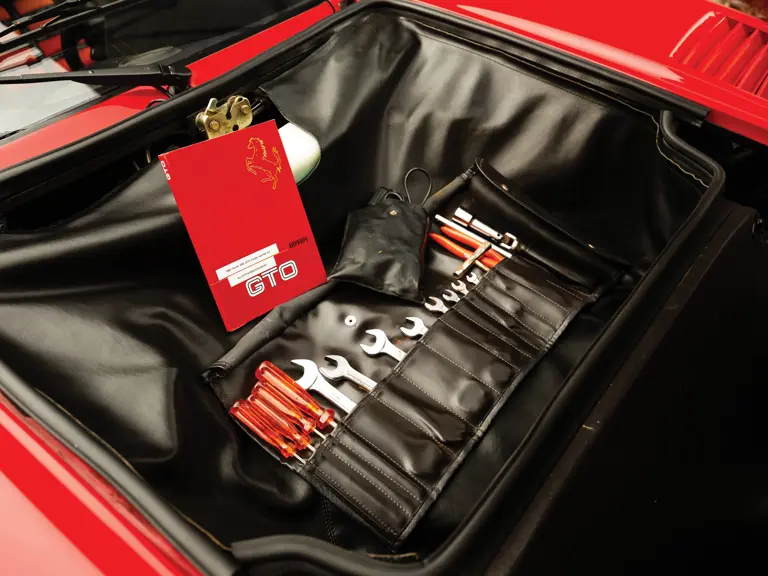
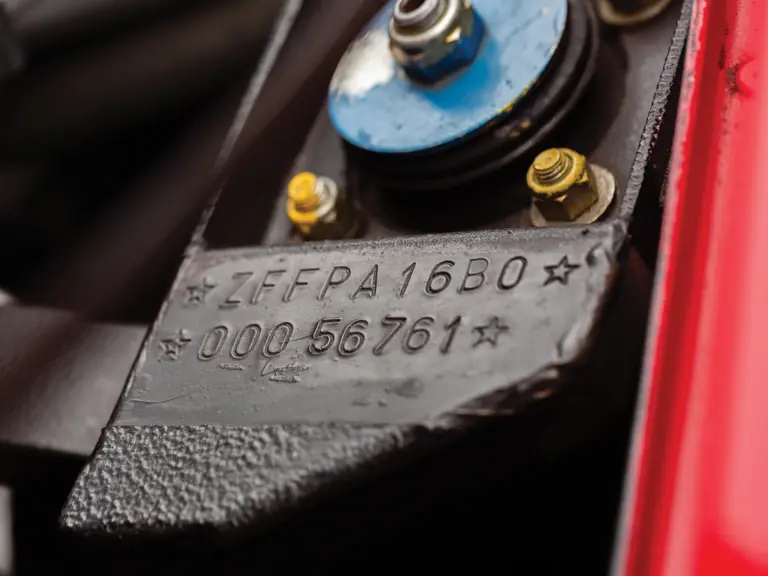
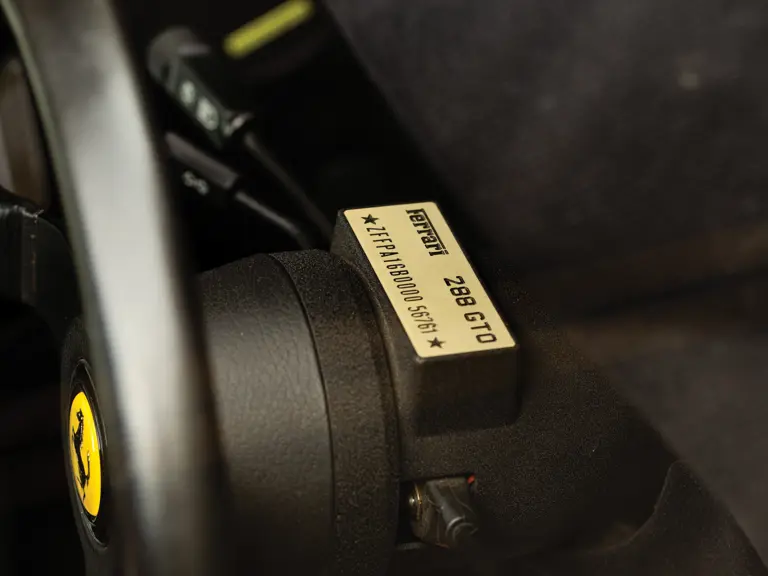
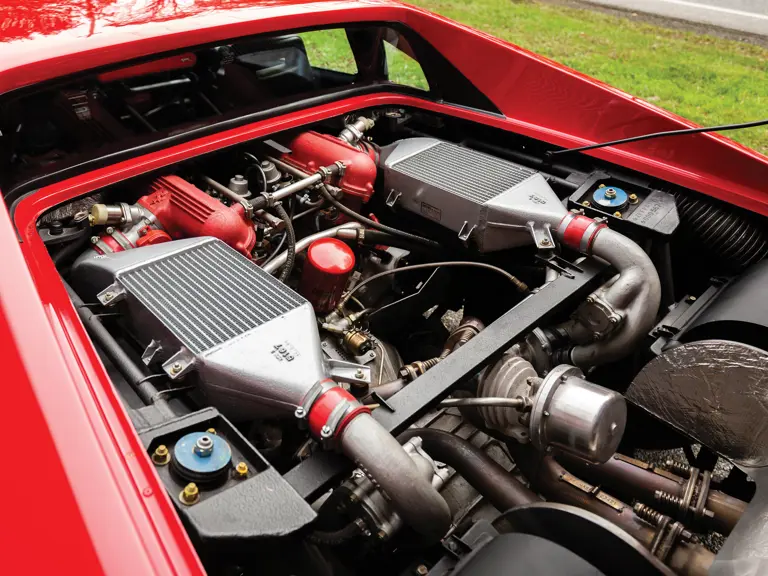
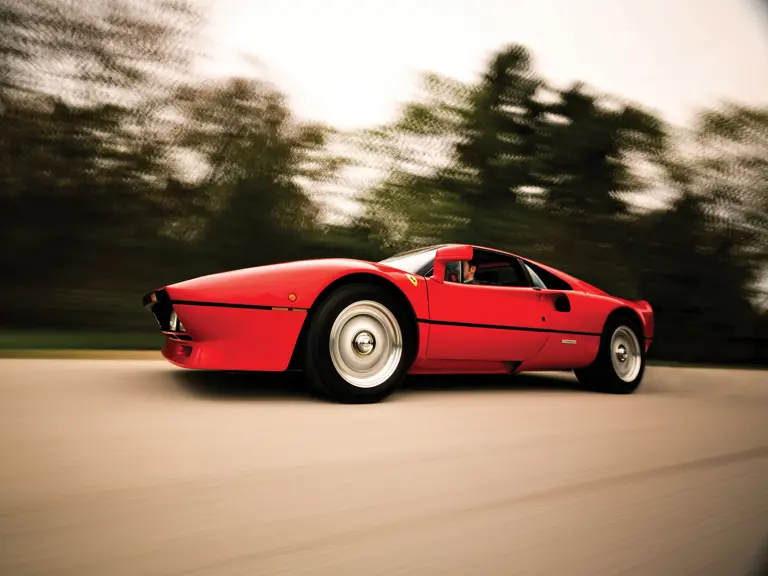
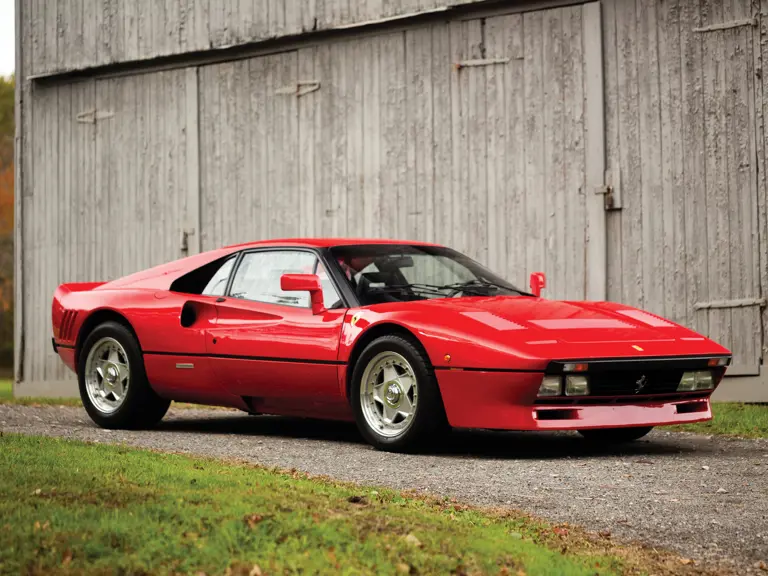
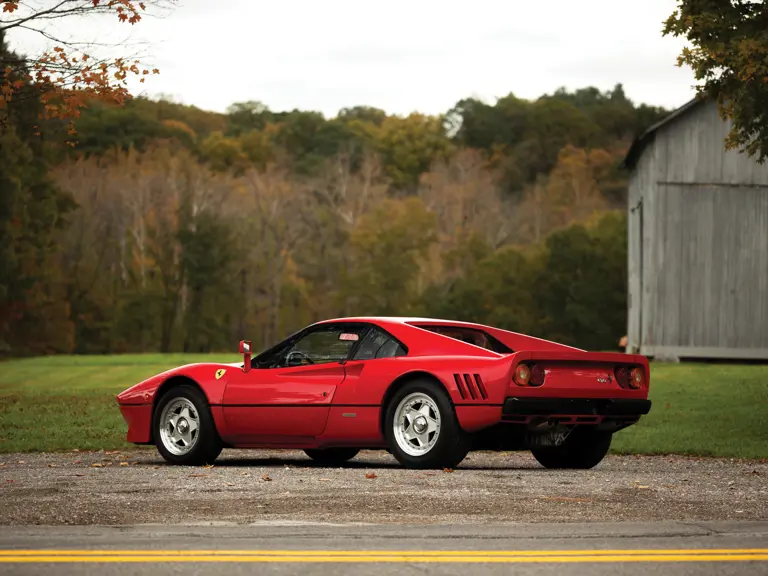
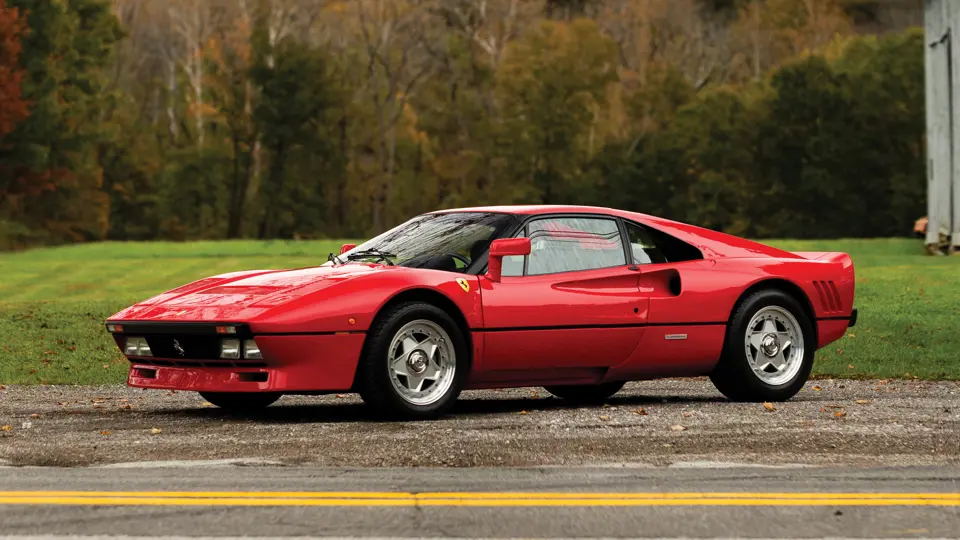
 | Phoenix, Arizona
| Phoenix, Arizona
